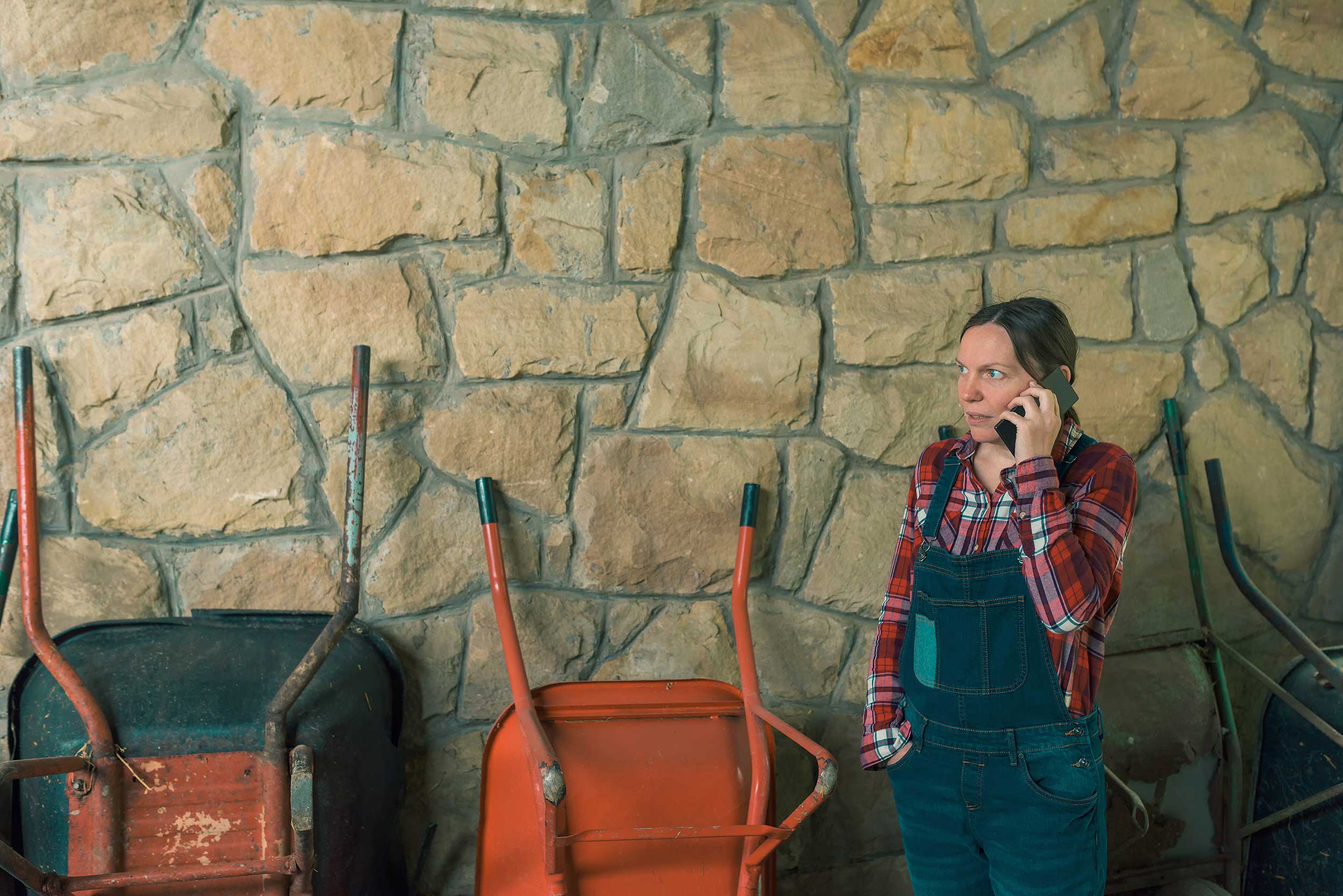« Il y a quelques années le Ministère de l‘Agriculture, de la Viticulture et du Développement rural avait créé le service téléphonique spécial « En oppent Ouer fir de Bauer, Wënzer a Gärtner » accueillant et conseillant des personnes issues du monde agricole et horticole qui se trouvent en situation de détresse psychologique et/ou matérielle.
Voilà pourquoi nous aimerions poser les questions suivantes à Monsieur le Ministre de l’Agriculture, de la Viticulture et du Développement rural :
- Dans quelle mesure et à quel rythme le service en question a-t-il été sollicité ces derniers temps?
- Monsieur le Ministre peut-il fournir des précisions concernant l’organisation concrète de ce service telle qu’elle se présente actuellement?
- Depuis l’éclatement de la pandémie en mars 2020, les problèmes personnels éprouvés par des ressortissants du monde agricole et horticole ont-ils pris une autre teneur? Quelles sont les situations de détresse les plus souvent rencontrées par les personnes visées par le service?»
Answer
- Dans quelle mesure et à quel rythme le service en question a-t-il été sollicité ces derniers temps ?
Il n’y a pas eu de contacts ces derniers temps.
- Monsieur le Ministre peut-il fournir des précisions concernant l‘organisation concrète de ce service telle qu’elle se présente actuellement ?
Le service ne fonctionne que deux heures par semaine. En dehors de cette période, les demandeurs ont toujours la possibilité de laisser un message au répondeur.
- Depuis l’éclatement de la pandémie en mars 2020, les problèmes personnels éprouvés par des ressortissants du monde agricole et horticole ont-ils pris une autre teneur ? Quelles sont les situations de détresse les plus souvent rencontrées par les personnes visées par le service ?
Les problèmes évoqués traitent en général les mêmes sujets qu’avant la pandémie. Comme déjà évoqué dans notre réponse à la question parlementaire n°2108, les échanges avec les demandeurs restent anonymes et confidentiels.






